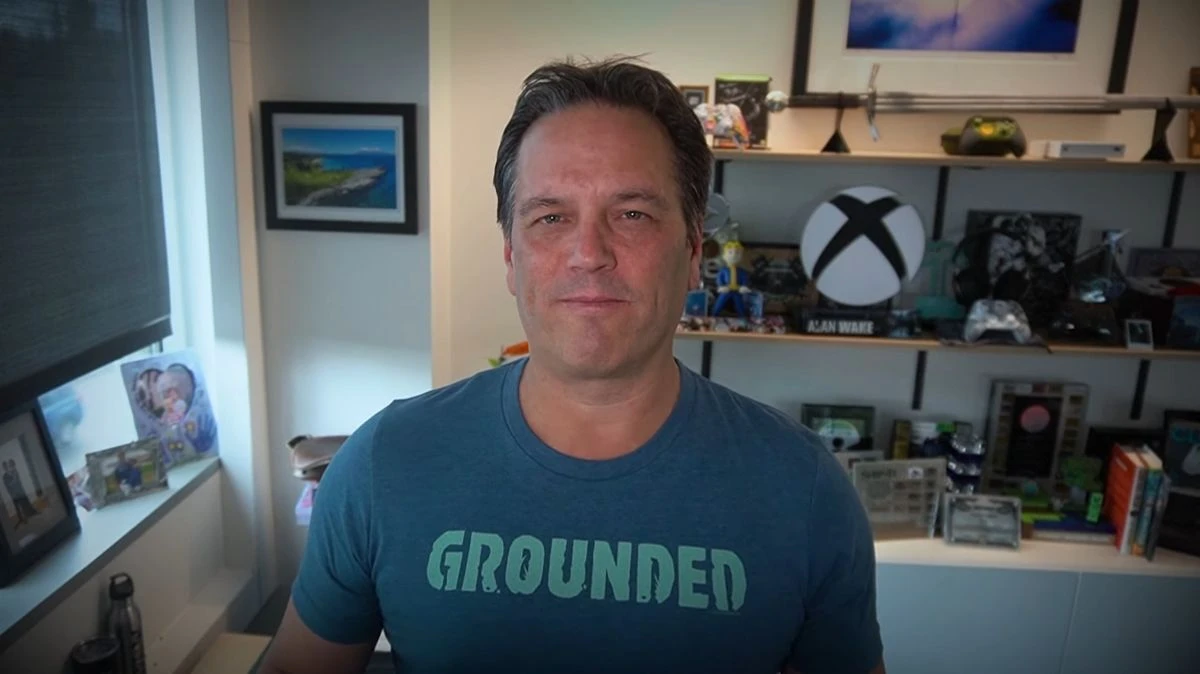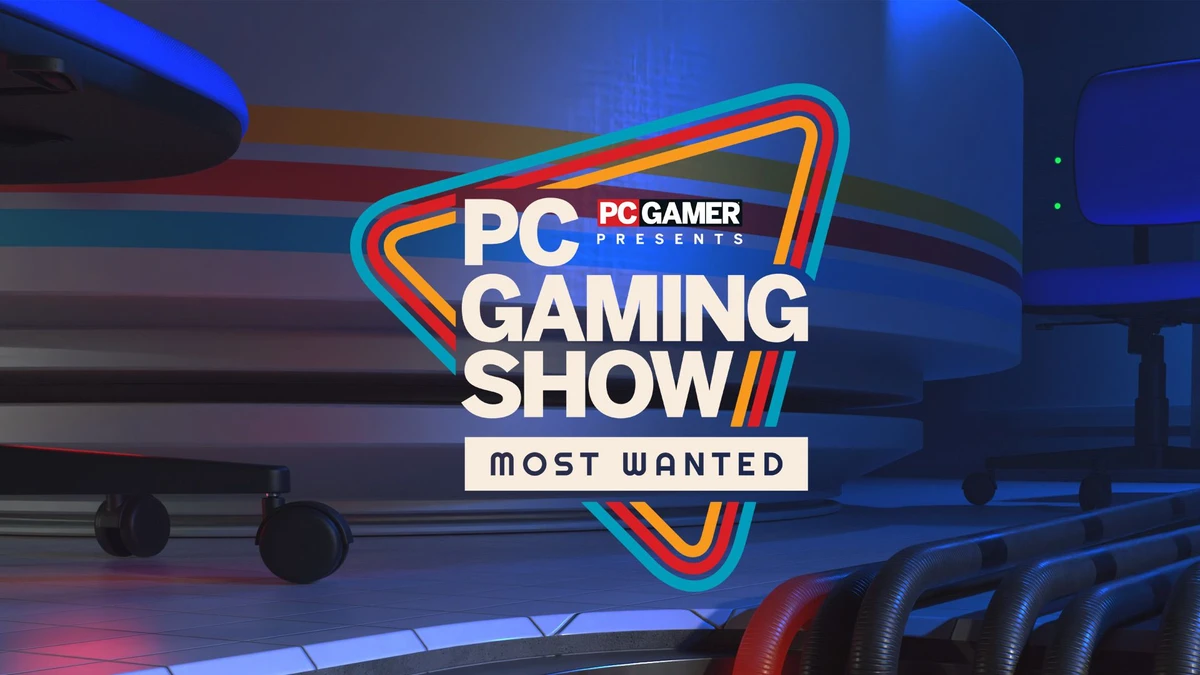Phil Spencer, Microsoft Gaming's head of gaming, said: "I don't like manipulative expansions... like the third level that you cut before you released"
Microsoft Gaming chief Phil Spencer gave a few interviews in the final days of 2024. He praised Microsoft's strong lineup of games, while warning that it is "historical", and an "anomaly", following the $69 billion Activision Blizzard acquisition.
Spencer's current focus is on promoting Xbox's lineup, touting Game Pass and moving toward a "Play Anywhere", marketing line where Xbox games will work across multiple devices. Game Pass is the main driver at the moment, but the recent launch of Black Ops 6 was the first Call of Duty game to be available on the subscription service from day one. But it's just one of many offerings that exclude, at least for the time being, most DLCs and expansions.
In a recent interview with the newsletter GameFile reporter Stephen Totilo informed Spencer that three of Microsoft’s nine fall releases were expansions: Diablo 4’s Vessel of Hatred; World of Warcraft’s The War Within; and Starfield’s Shattered Space. Totilo said that because the Game Pass model is a blindingly simple "subs, subs, and more subs" he suggested that expansions were becoming more important in terms of revenue. Microsoft was able to separate paid expansions from popular titles and offer them to a captive market. This isn't a small bean: Shattered Space cost $30, while Vessel of Hatred cost $40.
Spencer says that there is no "top-down mandate" for expansions. But he would say the same thing from the top. "It is up to the creators to decide what they want their stories to be. I think it's an excellent way for us re-engage players that may have lapsed."
Big Phil points out Vessel of Hatred added a class to Diablo 4 while Shattered Space introduced a world to Starfield. Both are of obvious interest for existing players.
Spencer said, "I dislike expansions that are manipulative." "I want a unique perspective. I don't think it should be the third level you cut before launching.
"But we are always learning." Todd [Howard] was talking to me about Shattered Space. Starfield is a great game that I've played for hours. But they have this thing where they add features all year long and then release an expansion. I think that some of the feedback about the expansion was: 'We wanted to have more features. "Well, shouldn't we have waited before releasing buggies?
The buggies were released shortly before the paid-for expansion and were available for free to existing players. However, I'm not convinced that they are the perfect solution to the player's problems as Howard and Spencer believe. Not least because they were essentially solving a problem with the game's traversal, where the treks between locations could be very boring.
Spencer continues to discuss the importance of balancing both "development effort and the impact" of the expansion when managing Microsoft's Portfolio in this regard, concluding with the statement that "not all games will have expansions."
The idea that expansions are exploitative is a strange one. The price of an expansion is rarely a positive thing for players (unless it's completely free), but the best examples will win the crowd over: Elden Ring's $40 expansion Shadow of the Erdtree may be this year's GOTY. When I think of "exploitative", I don't think about expansions for games such as Diablo 4 or Starfield, but rather the pattern followed by the Sims with constant minor DLCs.
Shattered Space did not seem to be a big hit or offer a lot of new content, but even then I wouldn't say it was "exploitative", or think too much about the balance of the free buggies versus the paid stuff. The truth is that people will happily pay for great expansions and not complain. Maybe Starfield's latest expansion wasn't very good.




Comments